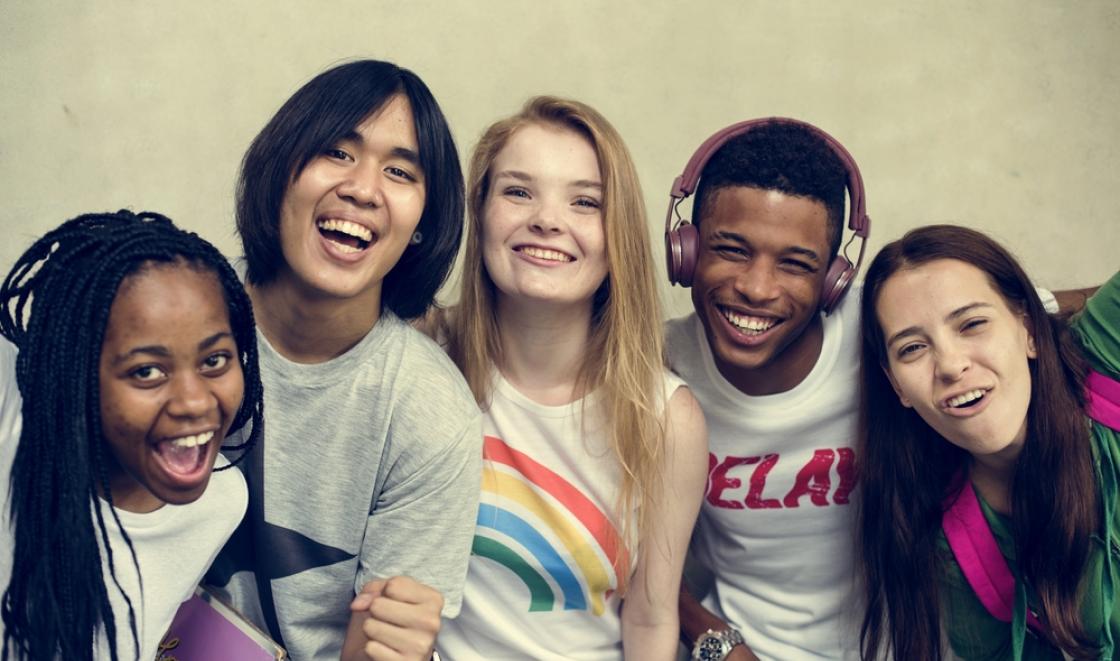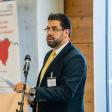Project aims
This project aims to test the feasibility of the YES programme (acceptance, implementability, recruitment and completion); and estimate its efficacy in relation to metabolic and psychosocial outcomes. The implementation evaluation that is nested within the study will explore particular barriers and challenges faced by this group of young people who use the service and identify whether there are subgroups of young people with diabetes in the urban inner city setting of the study with additional barriers to accessing interventions such as YES and deriving benefits from them.
How the research will be carried out
The research team will carry out a feasibility randomised controlled trial with young people with Type 1 diabetes (aged 14-18 years) and an integrated process evaluation designed following the MRC Complex Intervention Evaluation Framework. They will randomise 60 young people to either the YES intervention or a waiting-list control group and evaluate outcomes at 6-months; at this point the waiting list participants will be offered the YES programme with further follow-up at 12 months.
Potential impact of the study
The study will deliver an optimised intervention to: enable young people with Type 1 diabetes to engage more constructively with their diabetes; and improve self-management activation. Should the YES programme be found effective, potential benefits for young people with Type 1 diabetes will include:
• Improved sugar levels in the short-term, reducing acute and long-term health risks;
• Increased attention to self-management behaviours and participation in diabetes care;
• Enhanced social confidence and well-being;
• Enhanced psychological adjustment to living with diabetes;
• Reduced psychological distress, anxiety and depression;
• A reduction in hospital admissions and diabetes-related health events.
These benefits will be experienced in the short-term by those who participate in the study; and in the longer-term should a larger study be successful to the wider population of young people living with Type 1 diabetes. Provided the outcomes of the studies are positive then it is conceivable that the programme could be available nationally within six years.
An additional benefit of participation in the YES programme observed in our pilot work, was the development of enduring friendships with other participants. Such friendships can be very powerful for some as they previously have not had much interaction with peers living with diabetes.
How are patients involved with the study?
Patient and public involvement (PPI) has been central to the development of the YES programme and we will continue to work with our patient and healthcare representatives, who have been involved in reviewing and designing our study. We have two groups: one a young persons’ (16-20-year olds) group (n=7) and the other a group of parents (n=5). We have shown them the YES manual and presented to them the lay summary and outline project plan. We received favourable opinions from both groups. They have highlighted the importance of timing the intervention and data collection windows outside of term times and have suggested we may have to rationalise some of our measures or make them simple to complete. Further involvement from this group will enable us to tailor data collection materials. The young people group will maintain their involvement throughout the duration of the project.
The study is funded by Diabetes UK. It was adopted by ARC South London in September 2020 and will be completed by June 2022.


